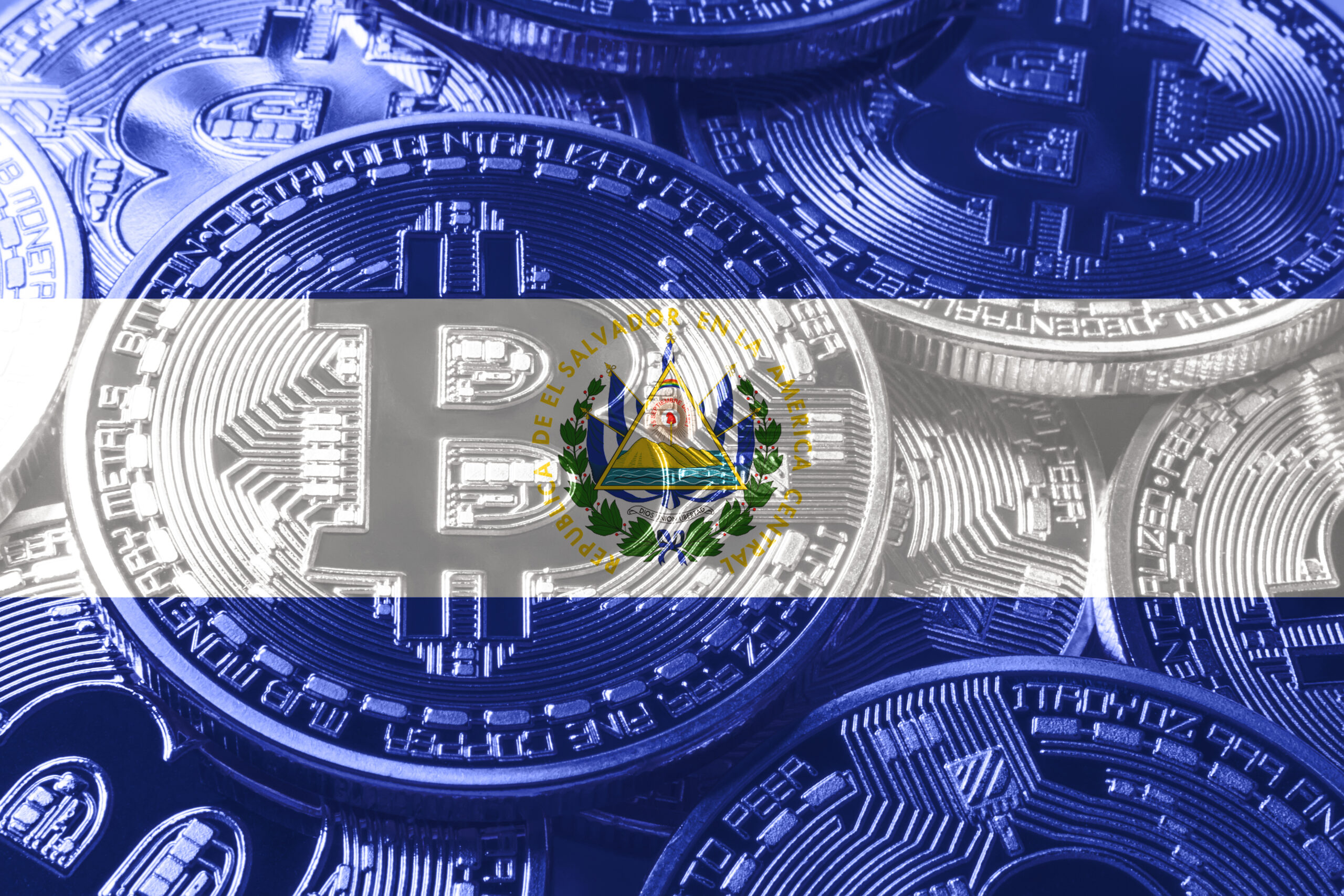Key Insights:
- Salvadoran President Nayib Bukele launches a controversial reelection bid, stirring debates around constitutional eligibility and public favor.
- Bukele’s New Ideas party dominates with 70% voter support amidst challenges from critics and rival political entities.
- Despite his popularity due to reduced crime rates and tech-friendly policies, Bukele’s administration faces scrutiny over human rights concerns.
Legal Landscape and Public Support
El Salvador’s President Nayib Bukele, a staunch Bitcoin advocate, is keen on retaining his leadership role. Officially nominated by his party, New Ideas, on Oct. 26 for the 2024 presidential run, his announcement garnered significant public support. Thousands gathered as Bukele voiced his commitment, stating the need for another five years to elevate the nation.
Bukele’s rise to power in 2019 disrupted decades of two-party dominance in El Salvador, providing a fresh political perspective. However, his reelection bid is not without controversy. Critics, including Salvadoran lawyer Alfonso Fajardo, argue that the country’s constitution prevents Bukele from serving consecutive terms.
In contrast, the Supreme Court’s ruling in September 2021 enables presidents to pursue back-to-back tours, adding a layer of complexity to the debate.
Dominance and Challenges
Bukele’s New Ideas party holds a strong position, with 70% of the voting population’s support, according to a study by a Salvadoran university reported by Reuters. This support starkly contrasts with the 4% backing of their nearest competitors.
Despite this, Bukele and his party face challenges. The FMNLB filed a lawsuit in June 2021, claiming Bukele’s Bitcoin adoption program was unconstitutional. However, this did not hinder progress, as Bitcoin became legal tender in September 2021. Bukele’s government has also made strides in promoting a tech-friendly environment, eliminating all taxes on technological innovations.
Addressing Crime and Concerns
Bukele’s uncompromising approach to tackling crime, particularly his crackdown on the notorious gang MS-13, has significantly enhanced his popularity, leading to a staggering 92.6% drop in El Salvador’s homicide rate. This reduction from 106 homicides per 100,000 residents in 2015 to just 7.8 in 2022 has positioned El Salvador amongst the Latin American countries with the lowest crime rates.
However, this achievement comes with its controversies. Human rights issues have surfaced, drawing attention from international bodies such as the United Nations. Critics highlight the concerning number of individuals, totaling 65,000, who have found themselves behind bars without adequate access to legal representation, raising alarms about potential violations of human rights standards.
Looking Ahead to 2024
As El Salvador prepares for the presidential elections on February 4, 2024, all eyes are on Bukele and his reelection bid. The country stands at a crossroads, with Bukele’s potential second term promising continued reforms and progress, but not without addressing the prevailing legal and human rights concerns.
